I'm a lifelong iPhone user, but have never tried HomeKit - this is what I'm excited about
Here are some of the most exciting things about HomeKit for a newcomer
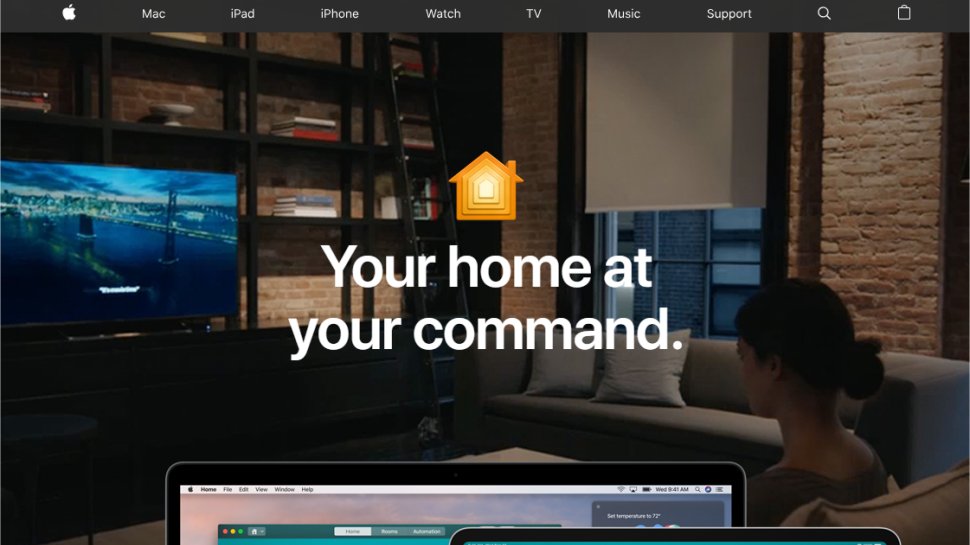
Sign up for breaking news, reviews, opinion, top tech deals, and more.
You are now subscribed
Your newsletter sign-up was successful
I have never owned an Android smartphone and don't intend to. I'm a creature of habit and find change uncomfortable, so, having made the initial jump from my outdated 'brick' phone to the iPhone 4 in 2010, I've dug in to Apple's ecosystem ever since.
Despite being well aware that the best Android smartphones have their benefits and suits some people far better than iOS, you'd have to pry my iPhone from my cold, dead hands. On paper, it makes little sense when the only other Apple services I have are Apple TV+ and Apple Music subscriptions. No Apple TV, iPad, or Watch (yet).
But I have finally given in on one thing: the next few weeks will see me switch my smart home requirements to Apple with the imminent arrival of my first HomePod Mini. This opens up a whole new world of smart home automation and integration.
Here I will explain why I'm considering jumping from Google Assistant to HomeKit and Siri, and some of the things I'm most excited about.
What is HomeKit?
HomeKit is Apple's answer to Alexa and Google Assistant, which are all smart home platforms that bring together devices across the home into one central place. This means that compatible devices such as the best home security cameras, smart speakers, smart thermostats, lighting, and more can be controlled directly from your mobile device or with your voice.
HomeKit was launched back in 2014 alongside iOS 8 and has undergone several updates since then. The HomePod, Apple's first dedicated smart speaker, followed in 2018.
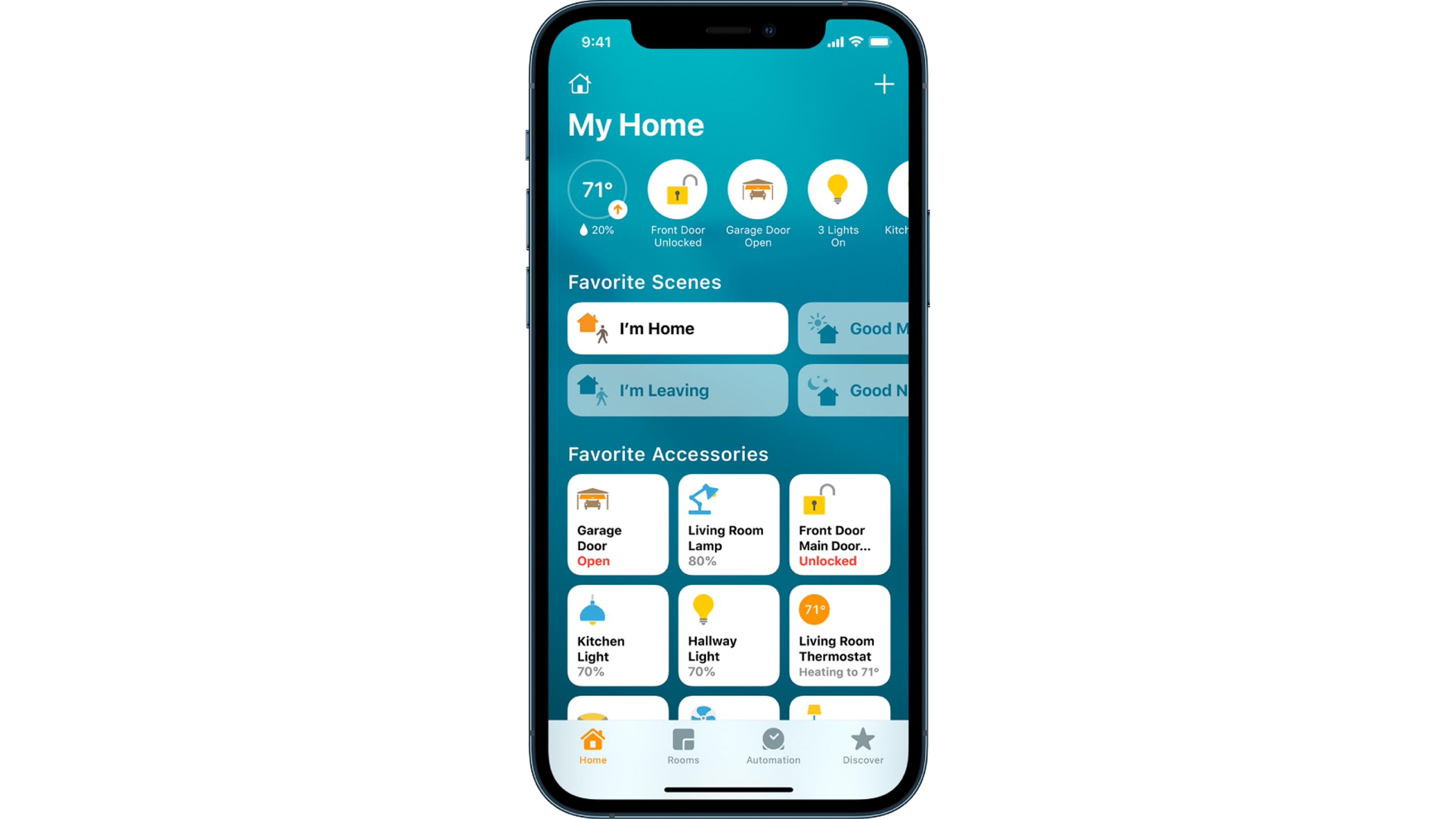
That user interface
If Apple does one thing better than anything else, it is its design instincts. Not only do all of its physical devices inspire that 'I must have this now' feeling, but its user interfaces easily match that aesthetic appeal. The recently updated HomeKit UI looks even better with new icons, widgets, and ways to view and group your spaces and devices.
Sign up for breaking news, reviews, opinion, top tech deals, and more.
These improvements were announced at WWDC 2022 and reportedly allow for greater prioritization of things like security cameras and smart doorbells over light bulbs and other devices you might not need instant access to.
Speaking of cameras, as someone who tests smart home tech for a living, the ability of HomeKit to display several camera views at a time will be a revelation. Instead of loading up apps individually, slowing everything down, and potentially leading to missed calls and incidents, HomeKit brings it all together.

iPhone widgets and Apple Watch compatibility
Widgets. I love widgets. My current iPhone screen is littered with calendar views, meditation reminders, and weather information. As a visual person who has difficulty remembering what she should be doing from minute to minute, widgets are a time and energy-saver every day.
However, without a HomeKit hub like a HomePod mini, I haven't been able to take full advantage of the way an iPhone or Apple Watch (which is next on the wish list) allows you to control your smart home even when you're not at home. Simply tapping a widget to turn smart lights on or off, or to view a camera feed, is the ultimate dream of a smart home enthusiast.
The same announcement that revealed the revamped HomeKit app showed off the potential of lock screen widgets with iOS 16. These include widgets for things like information on your smart heating and home security.
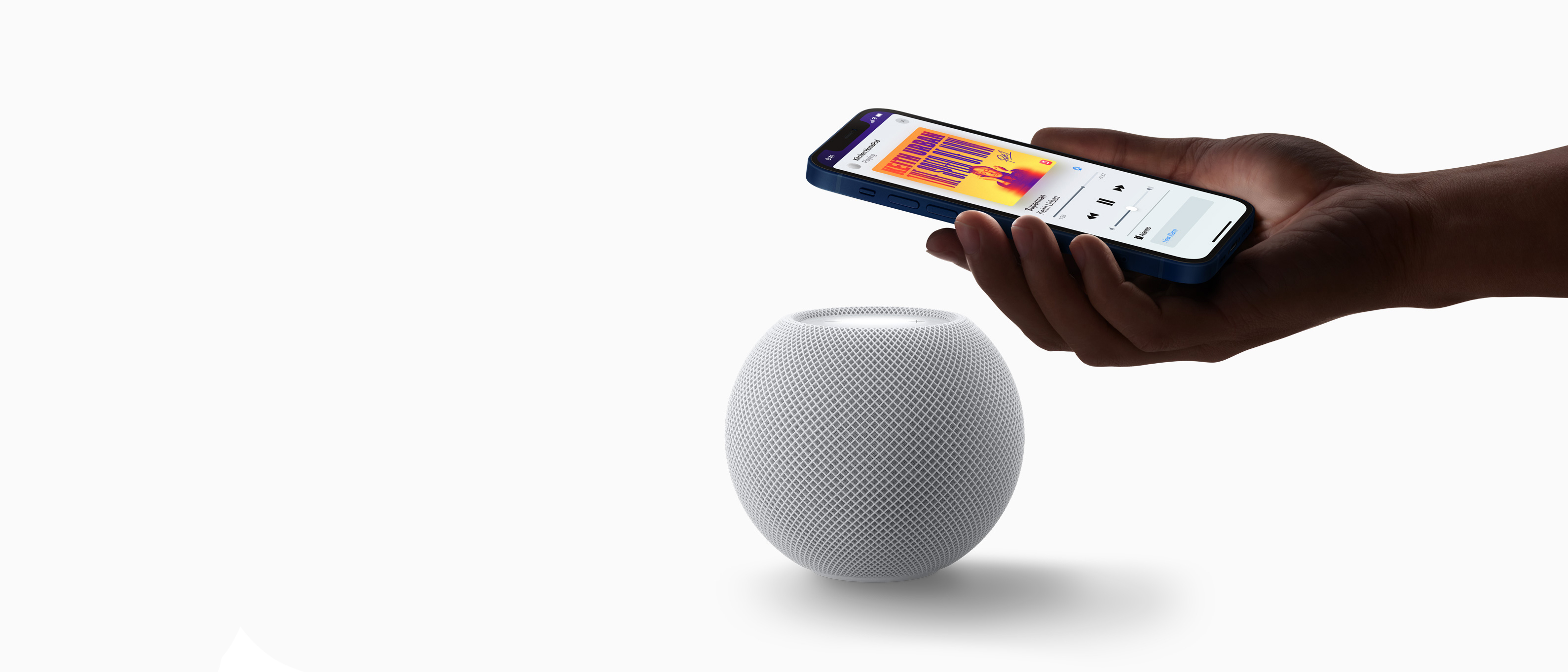
Spatial audio on the HomePod Mini
If you're an avid music fan like me, then you'll understand my excitement for experiencing Apple Music's spatial audio and Dolby Atmos features to their full potential. Tracks already sound so much better than on any other streaming service I've tried, but there's been something missing. Only a select few audio devices support these formats, and until now, they've been out of my reach.
It's here that the HomePod Mini tries to justify its expense in opposition to Amazon's more affordable Echo speakers and Google's Nest range. Despite costing around triple that of some competitors' offerings, its native music service and focus on audio quality in the hardware itself might be second to none.
You'd better believe one of the first things I'll do is set my morning alarm to play crystal clear tunes to prepare me for the day ahead.
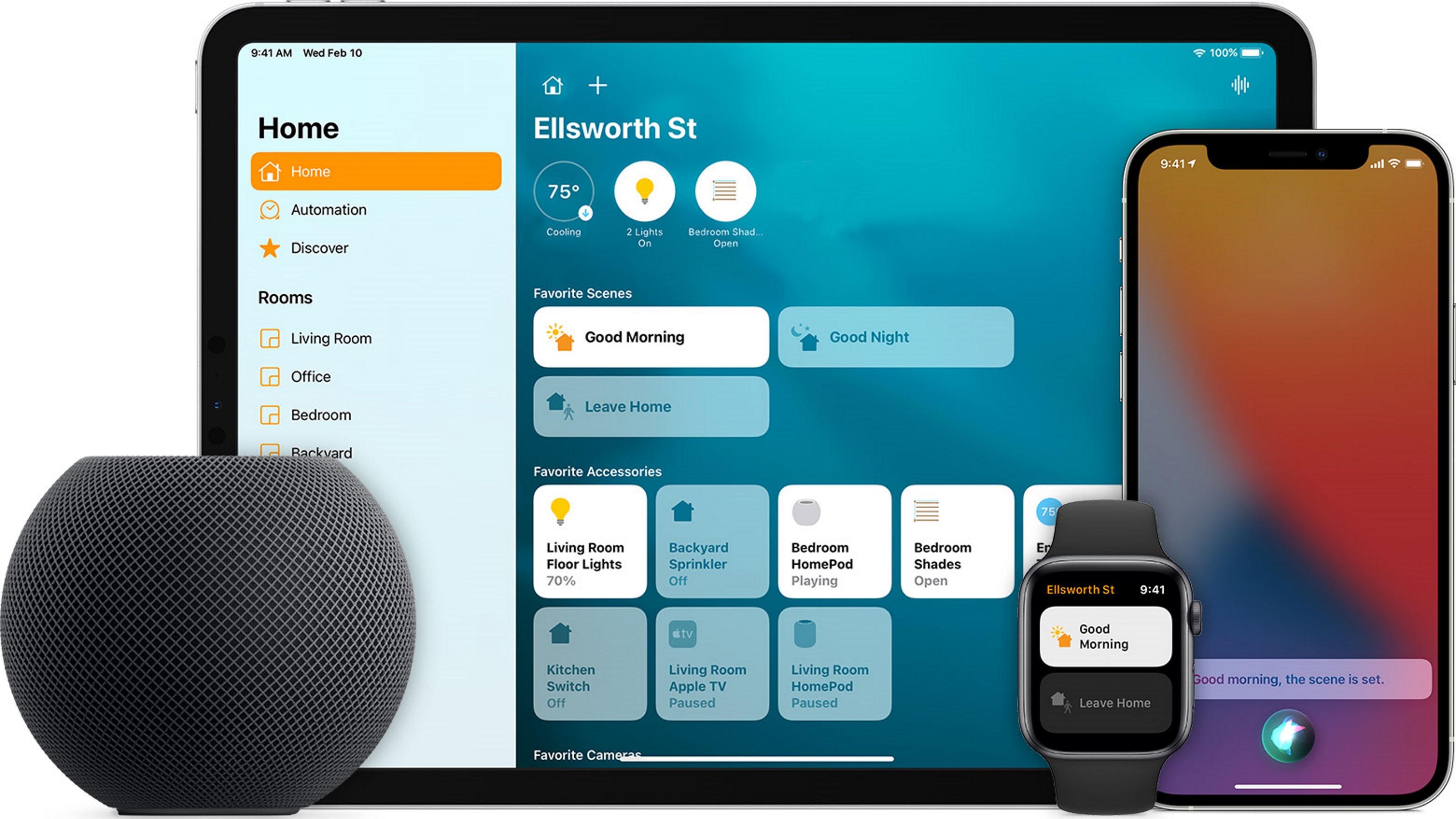
Home sharing
Depending on your family set-up, Apple's Family Sharing functionality could be incredibly useful. Have a regular babysitter or trusted family member who stays over frequently? Or want to give control of your smart home devices to your husband, parents, or - with restrictions - kids?
If that person has their own Apple ID, then it's easy to do. For me, an ongoing home renovation means my father frequently visits me, and if I'm not there, he'd have a very hard time navigating my kitted-out smart home. With HomeKit, I can give him and others certain permissions.
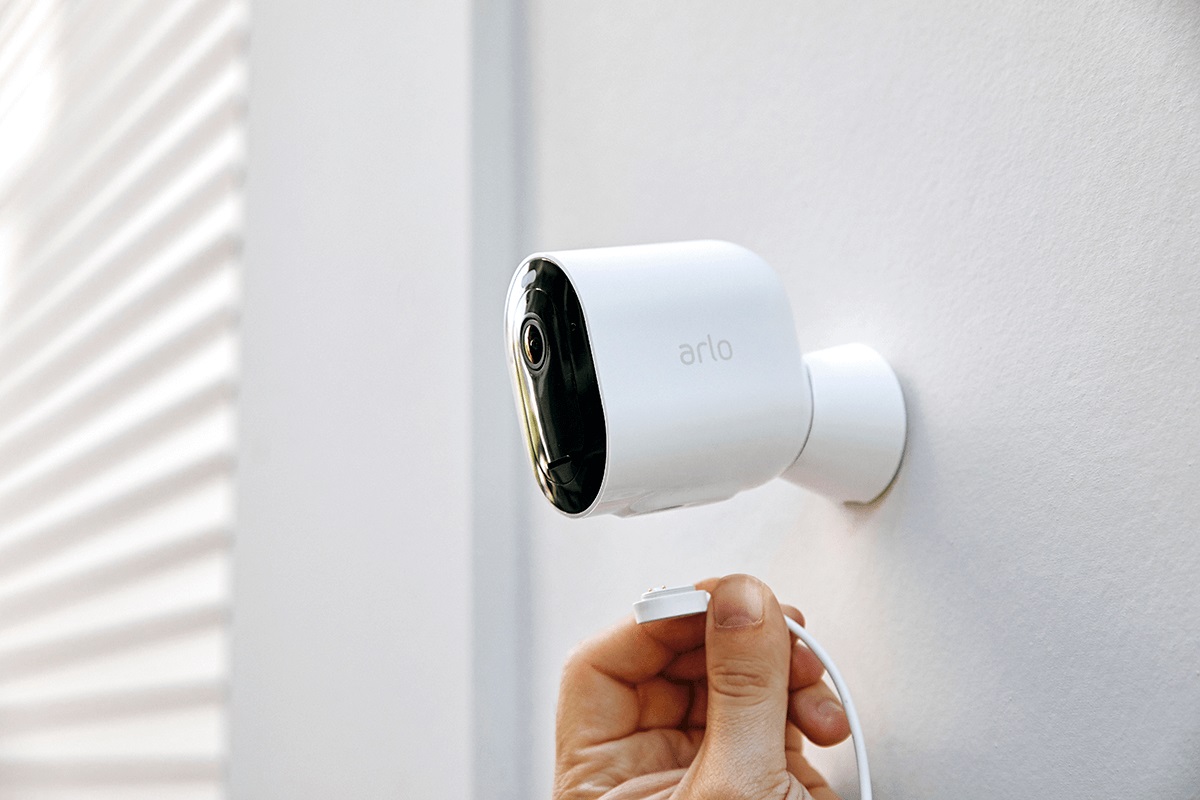
Increased security and privacy
Privacy is a big topic when discussing the rise of smart devices in our homes, with controversies surrounding hacked video doorbells and ever-listening smart speakers popping up all of the time. After all, how can we be sure that our information isn't getting into the wrong hands when we freely give it away as we go about our modern lives?
Apple aims to be better than other companies in this area, promising that nothing you say in the presence of a HomePod speaker is sent to Apple's servers unless you explicitly activate it with a 'Hey Siri.' Even then, it's all encrypted and assigned to anonymous IDs that don't reveal your identity.
The information transferred between your hub and HomeKit devices - such as a security camera - is also end-to-end encrypted and stored on your device's iCloud Keychain. You can also just ask Siri to stop listening outright and turn off the location feature on your iPhone or iPad.
Apple has been cracking down on privacy features on its products and services over the last few years, which extends to the amount of information HomeKit has on you. I'm looking forward to having that extra peace of mind.

Caroline is a freelance contributor for TechRadar, working primarily across the smart home and appliances channels. Currently the smart home editor for Livingetc and other homes titles, she has a decade of experience in technology journalism and loves nothing more than using whatever knowledge she has gained to help herself and others make better decisions about what devices to bring into their home.